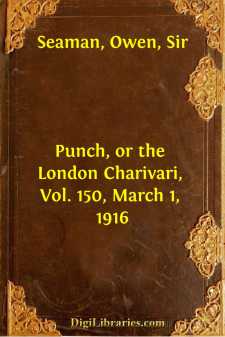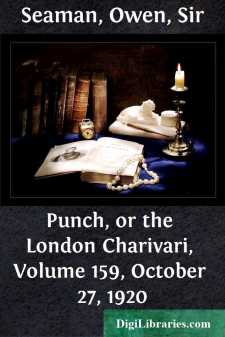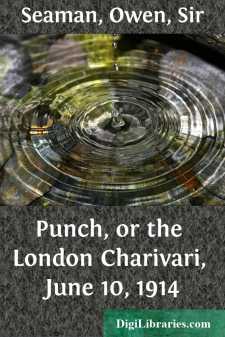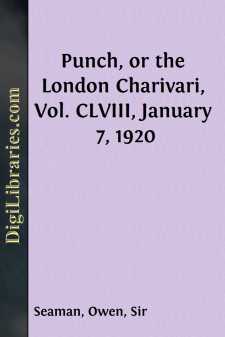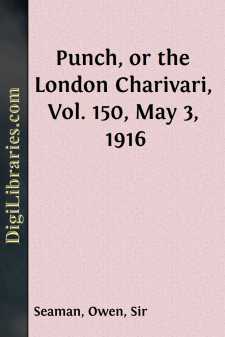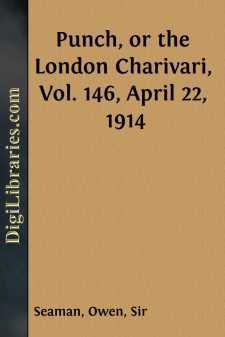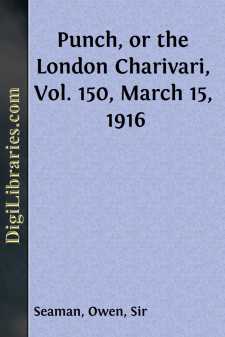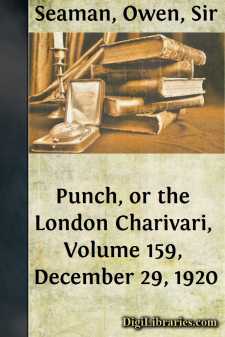Categories
- Antiques & Collectibles 13
- Architecture 36
- Art 48
- Bibles 22
- Biography & Autobiography 816
- Body, Mind & Spirit 145
- Business & Economics 28
- Children's Books 17
- Children's Fiction 14
- Computers 4
- Cooking 94
- Crafts & Hobbies 4
- Drama 346
- Education 58
- Family & Relationships 59
- Fiction 11834
- Foreign Language Study 3
- Games 19
- Gardening 17
- Health & Fitness 34
- History 1378
- House & Home 1
- Humor 147
- Juvenile Fiction 1873
- Juvenile Nonfiction 202
- Language Arts & Disciplines 89
- Law 16
- Literary Collections 686
- Literary Criticism 179
- Mathematics 13
- Medical 41
- Music 40
- Nature 179
- Non-Classifiable 1768
- Performing Arts 7
- Periodicals 1453
- Philosophy 66
- Photography 2
- Poetry 897
- Political Science 203
- Psychology 45
- Reference 154
- Religion 516
- Science 126
- Self-Help 85
- Social Science 82
- Sports & Recreation 34
- Study Aids 3
- Technology & Engineering 59
- Transportation 23
- Travel 463
- True Crime 29
Our website is made possible by displaying online advertisements to our visitors.
Please consider supporting us by disabling your ad blocker.
Punch, or the London Charivari, Vol. 147, September 30, 1914
by: Owen Seaman
Categories:
Description:
Excerpt
September 30, 1914.
The German troops which started out for a "pleasure trip" to Paris are now reported, owing, no doubt, to the influence of British environment, to be taking their pleasures sadly.
Several reasons have been given for the destruction of Rheims Cathedral. The real one is now said to be the following. Owing to the Red Cross Flag being flown from one of the towers the Germans thought the building was only a hospital.
A Scotsman gifted with much native humour wishes it to be known how glad he is to see that the Frenchmen have been getting their Aisne back.
It is reported that the Kaiser is proceeding to East Prussia to assume the chief command there. In Petrograd the news is only credited by extreme optimists.
It does not say much for the enterprise of our English newspapers that we should have had to go all the way to India for a reference to what must have been an exceedingly clever capture of one of the enemy. "As the war progresses," says The Times of India of the 20th ult., "the stories of German brutality become more and more frequent. One instance is shown in a letter from a German soldier captured in a mail-bag in Lorraine."
We have always held that the Turkish sense of humour has been underrated. A leading Ottoman statesman has told Der Tag (the newspaper of that name: the real thing has not turned up yet): "We only fear for Germany one thing—her magnanimity towards the conquered, a quality which she shares with the great Turkish conquerors of the past."
There is reported to be an uneasy feeling among the poor in our big towns that, if hard times should come, an attempt will be made to foist on them many of the weirder garments which kind-hearted ladies have been making for the troops.
The attention of the public is being directed to the value of fish as a food, in contradistinction, we suppose, to its remarkable qualities as a perfume.
Mr. Lloyd George's statement that "The Prussian Junker is the road-hog of modern Europe" has, we hear, had a curious and satisfactory sequel. Large numbers of adepts in the art of pig-sticking are joining the Sportsmans' Battalion which is now in process of formation.
Not the least encouraging result of the War would seem to be that it has put a stopper on decadent ideas as to dress. Mlle. Gaby Deslys, we read, found herself unable to begin her season at the Palace the week before last as her dresses were delayed in Paris.
A London-born Italian organ-grinder who was plying his trade in Wales has, The Express tells us, enlisted in Lord Kitchener's Army for foreign service, and has left his organ in charge of the recruiting officer at Barmouth. A pity. It should have made a powerful weapon to use against the enemy.
So much has been written about the brutality of the Germans that it seems only fair to draw attention to an act of humanity on their part. Steps have been taken at Stuttgart, at any rate, to protect prisoners against annoyance. "It is," runs a proclamation, "rigorously forbidden for any woman to cast amorous glances at British and French prisoners."




